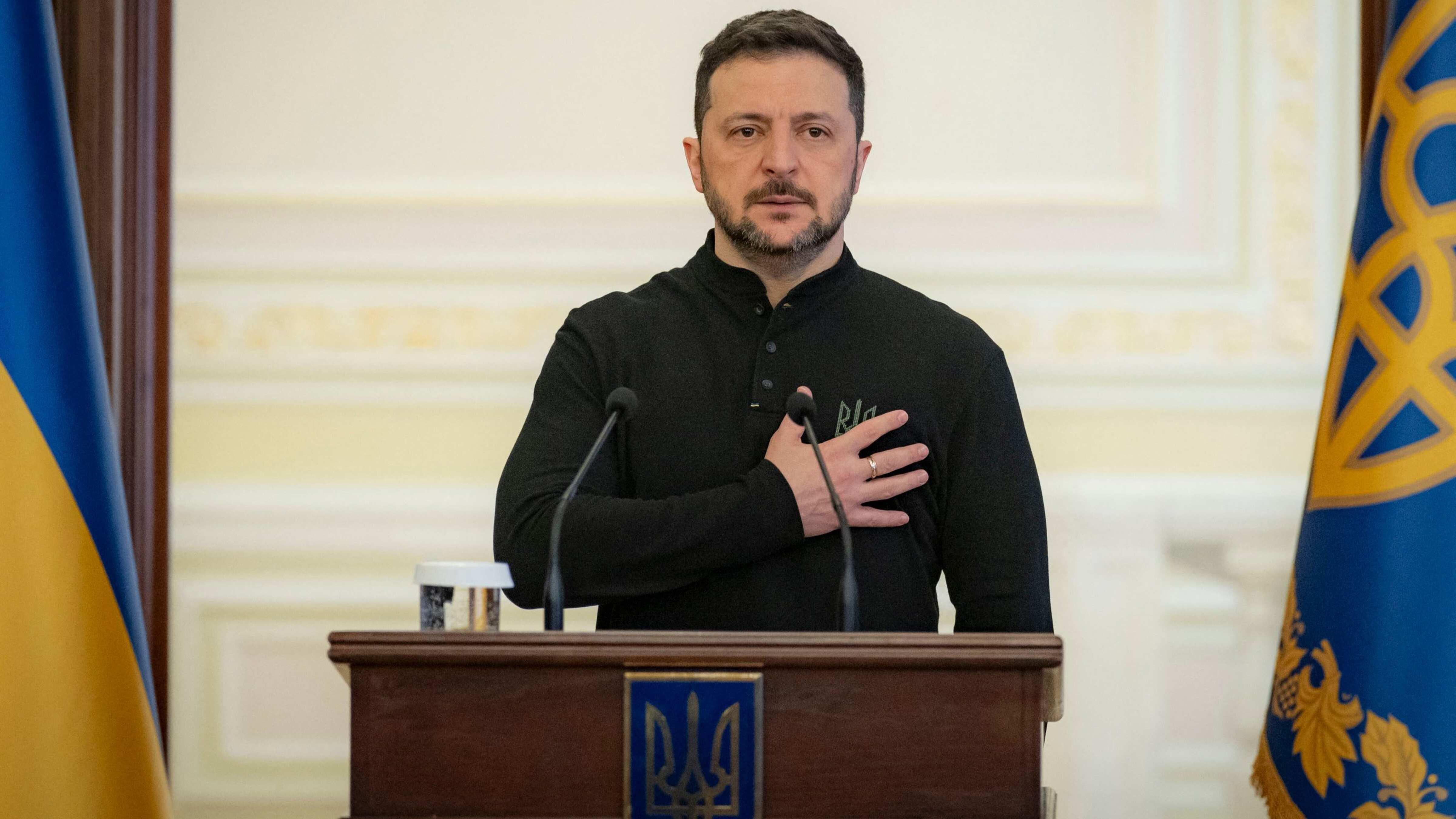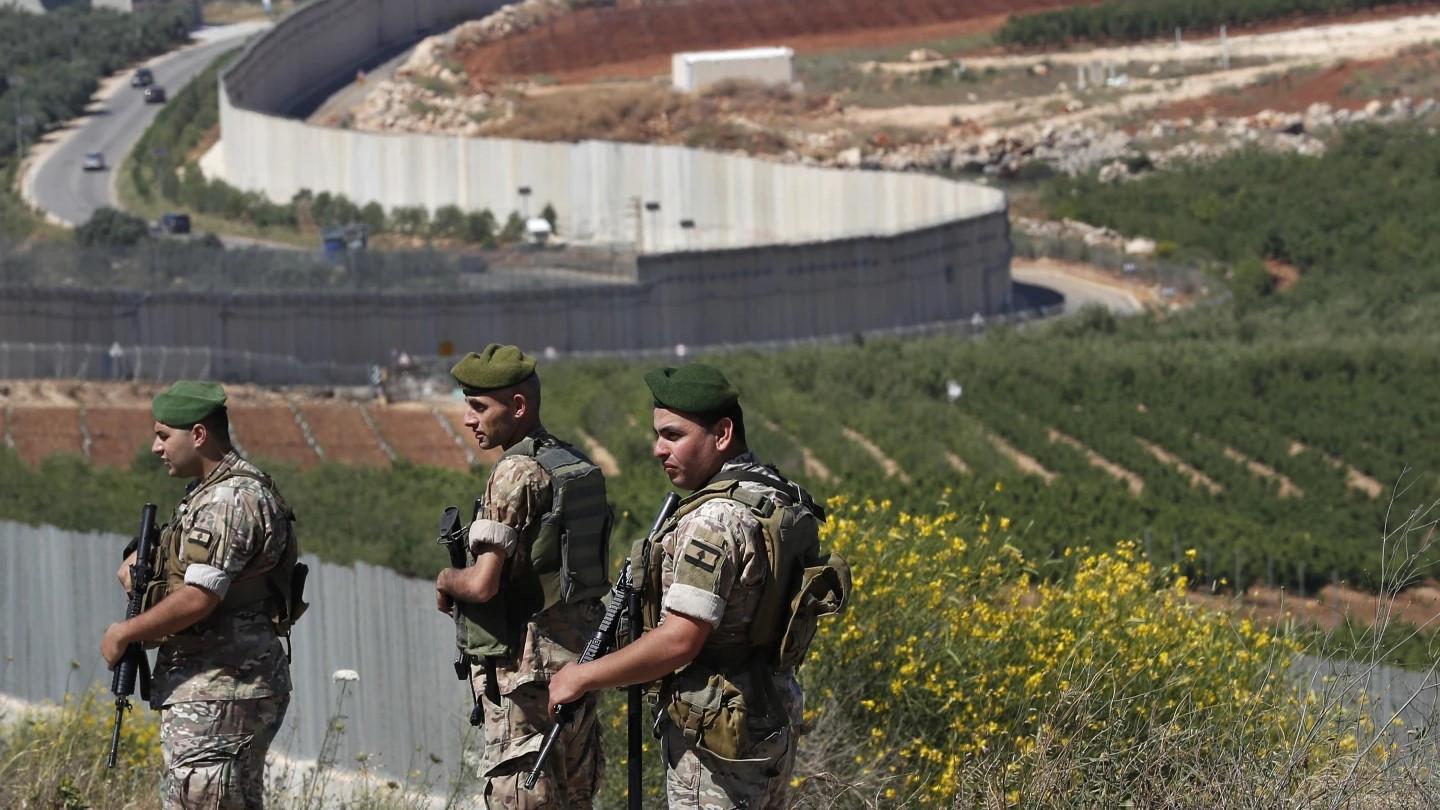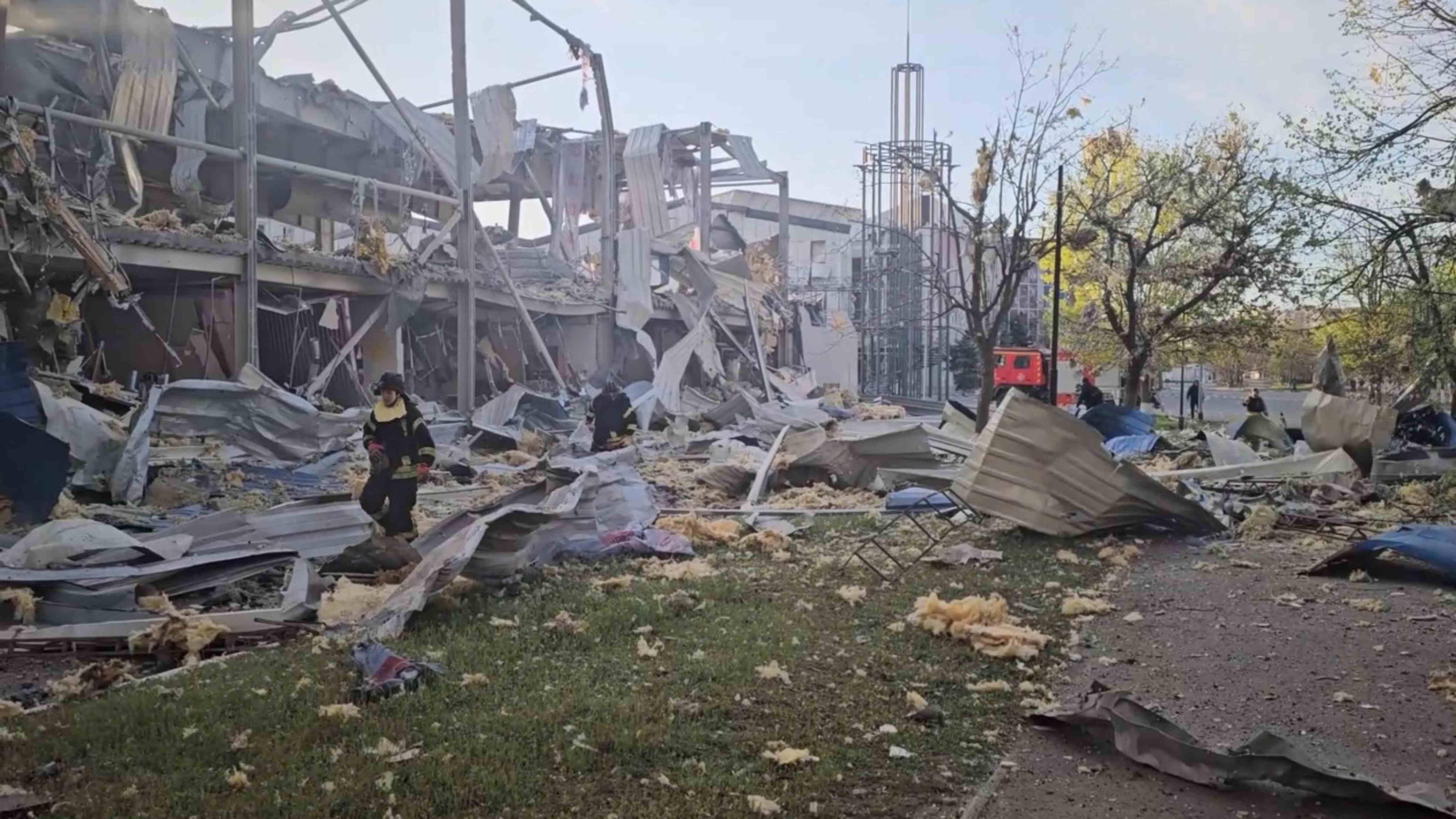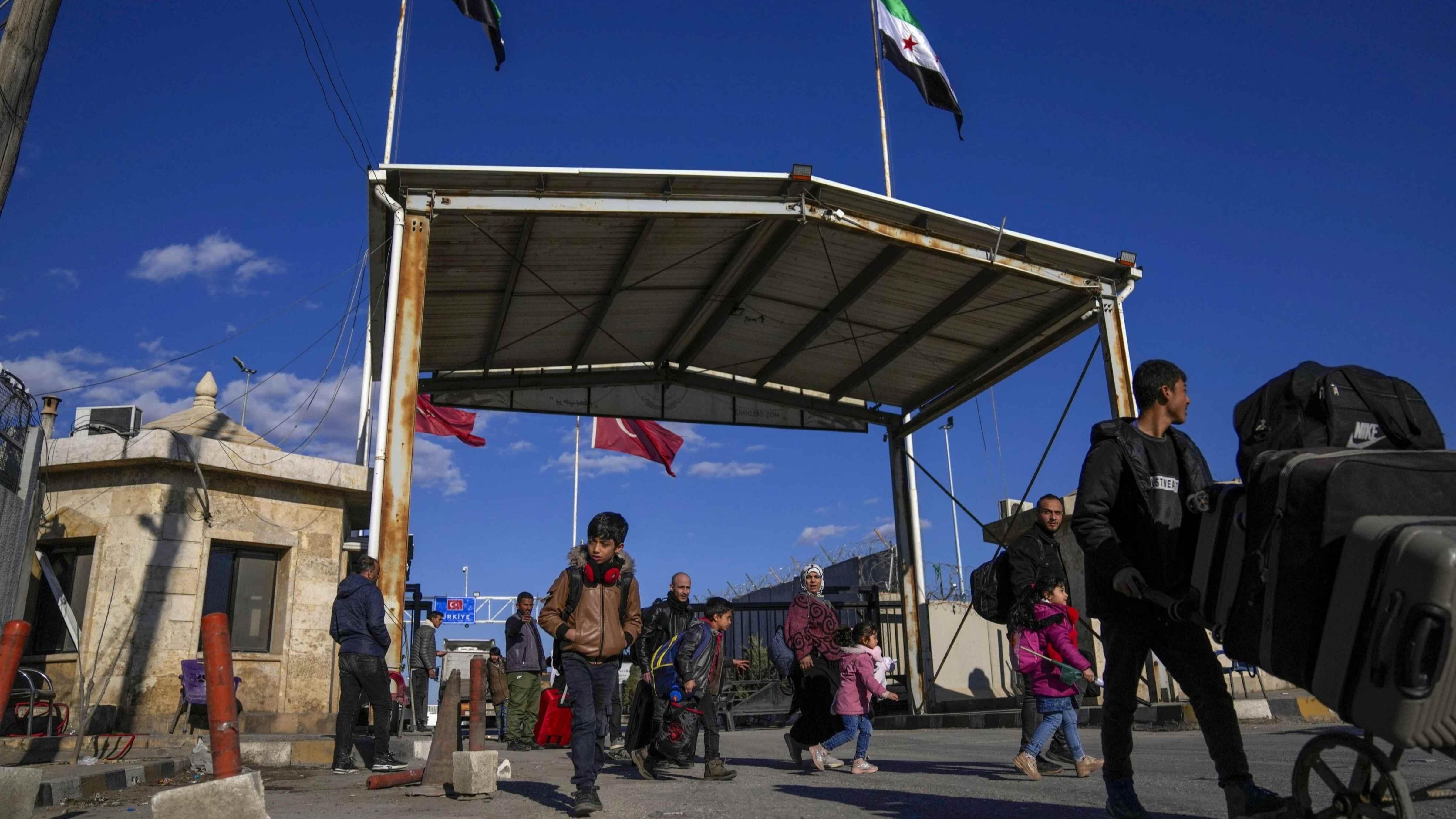Turkey faces criticism on press freedom at EU summit
BERLIN / PARIS
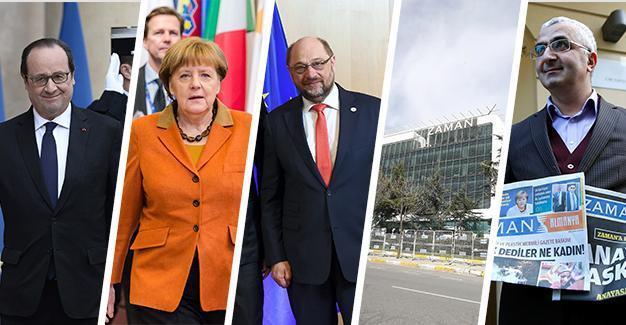
(L - R) AFP Photo, AP Photo, AA Photo, Reuters Photo, Reuters Photo
Turkey has faced criticism from EU officials and politicians over the seizure of the Zaman media group at a Brussels summit as part of efforts to implement a joint action plan on illegal migrants, while critics accuse the EU of turning a blind eye to Turkey’s worsening press record to procure its support in curbing the flow of migrants.German Chancellor Angela Merkel and Turkish Prime Minister Ahmet Davutoğlu discussed freedom of the press during a trilateral meeting with EU Term President and Dutch PM Mark Rutte on March 6, German government spokeswoman Christiane Wirtz told reporters during a government news conference on March 7.
“You can assume that this topic was on the agenda during the most recent talks between the chancellor and the Turkish prime minister,” Wirtz was quoted as saying by Reuters.
“Press freedom has very great significance to the German government,” she added.
French President François Hollande also touched upon the issue, saying that although the EU needs Turkish cooperation to stem the flow of migrants to its territory, it nevertheless should remain vigilant on press freedom in Turkey.
“Cooperating with Turkey doesn’t mean we should not be extremely vigilant about press freedom. And I am,” Hollande was quoted as saying by Reuters.
The president’s remarks followed a statement of French Foreign Minister Jean-Marc Ayrault on France Inter radio where he defined the seizure of Zaman “unacceptable,” and against European values.
“It’s not acceptable. We cannot want to get closer to European standards and not respect the pluralism of the media. It’s obvious and we’ve said it clearly to the Turks,” Ayrault remarked.
European Parliament President Martin Schulz also pledged to discuss the matter with PM Davutoğlu on March 7 in a tweet on March 5.
“The seizure of Zaman is yet another blow to press freedom in Turkey. I intend to raise this issue on Monday [March 7],” the tweet read.
Schulz also underlined that disagreement with the claims or reports of a newspaper can be solved by countering their allegations with facts instead of “gagging journalism.”
The EU’s foreign affairs head Federica Mogherini also urged Turkey to respect freedom of expression, according to The Associated Press.
Turkey must “respect the highest standards when it comes to democracy, rule of law fundamental freedoms starting from the freedom of expression,” Mogherini was quoted as saying before the beginning of the summit.
Johannes Hahn, the European commissioner for enlargement and neighborhood policy, also responded to the news of Zaman’s takeover by expressing his “worries” with a tweet.
“Worried by recent developments related to Feza Media Group, Zaman in Turkey. No circumstance justifies limitation of freedom of press,” Hahn tweeted.
“Turkey, as an EU candidate country, must ensure that it respects the hard-won fundamental rights and allows for media pluralism,” he added.
These criticisms, however, came amid accusations by right groups that the EU was remaining silence in the face of deteriorating freedoms and human rights abuses in Turkey in order to procure Turkish collaboration in curtailing the flow of refugees fleeing the war in Syria.
“The European Union and the United States, as Turkey’s partners and allies, should not trade Turkey’s support on migration and Syria for silence over the dismantling of democratic institutions,” the Associated Press quoted Daniel Calingaert, the executive vice president of the U.S.-based watchdog, Freedom House, as saying.
The European Federation of Journalists also said that the EU “cannot remain silent to the political seizure of Zaman newspaper, Today’s Zaman daily and Cihan news agency.”
On March 4, a trustee panel took over the administration of the media group, which includes the Cihan News Agency, the Today’s Zaman and Zaman dailies, a Zaman magazine, as well as Zaman Kitap, amid a police crackdown on hundreds of protesters following a decision by an Istanbul court.
Two days after the seizure, daily Zaman went to press under the management of the appointed trustees, identified as Sezai Şengönül, attorneys Tahsin Kaplan and Metin İlhan. The newspaper’s headline on March 6 was “Historic excitement at the bridge,” and focused on the completion of Istanbul’s third bridge over the Bosphorus, which is set to be inaugurated in August.
On March 6, visitors to Zaman’s website were informed that the site was “being updated” and that it would provide “better quality and impartial service to its readers as soon as possible.”
The media group, which some say helped the Justice and Development Party’s rise to power in its early years, had been earlier tied to the Hizmet movement of Islamic cleric Fethullah Gülen, the friend-turned-foe of President Recep Tayyip Erdoğan.
Leading figures from the ruling Justice and Development Party (AKP), in addition to President Erdoğan and lawmakers from his inner circle, accuse Gülen of forming and heading a terrorist organization to topple the Turkish government, with the U.S.-based cleric’s alleged followers, known as “Güllenists,” working as insiders in the police, the judiciary and other state institutions.


